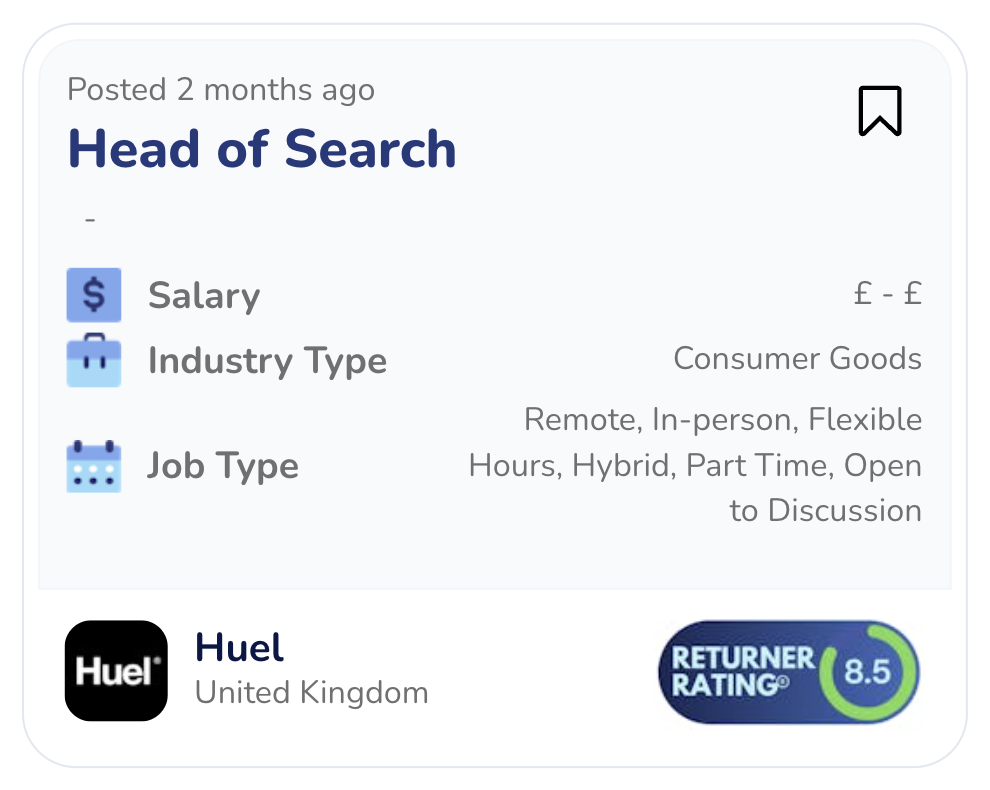How to transition into the tech industry: step-by-step
This blog is in partnership with Learning People, who specialise in helping people build rewarding careers in the tech industry.
The tech industry is one of the fastest-growing and most dynamic fields, offering incredible opportunities for women looking to return to work after a career break. Whether you took time off for family or just needed a break, transitioning into the tech field can be a really fulfilling option.
Tech companies value diverse perspectives, problem-solving skills, communication skills and adaptability; power skills you might be surprised to realise most women returning to work already have. The key to making a successful transition is understanding where your existing skills fit and gaining new ones if necessary.
If you’re ready to embark on this journey, this step-by-step guide will help you navigate the process with confidence.
Jump to:
- How to transition into the tech industry: step by step
- Reflecting on your career aspirations and transferable skills
- Researching the landscape and identifying your niche
- Looking into relevant training
- Building your personal brand and online presence
- Gaining practical experience through projects and volunteering
- Staying updated with industry trends and continuous learning
- Preparing for the job application process
- Embracing a growth mindset and resilience
- Final thoughts: transitioning into the tech industry
Reflect on your career aspirations and transferable skills
Before even considering training and job applications, take time to reflect on what you want from your new career. The tech industry is huge, with roles in cybersecurity, data, software development, project management, UX/UI design, and more. Truly understanding your personal aspirations will help you choose the right path.
Think about your previous experiences and what you enjoyed most. Many soft skills from non-tech backgrounds are highly valued in the industry, including problem-solving, project management, communication, collaboration, attention to detail, and analytical thinking. If you’ve worked in roles involving data handling, organisation or strategic thinking, you may already have a foundation for roles ranging from data analysis to IT project management. Identifying your transferable skills will make it easier to find a tech career that suits your strengths and interests.
Research the landscape and identify your niche
Tech offers a massive range of opportunities, so it’s important to research different roles and identify where you’d like to fit in. Some of the most in-demand areas include cybersecurity and IT project management. Each of these fields has its own set of skills and responsibilities, so learning about them will help you find the path that suits you.
Take advantage of career webinars and industry reports to learn more about these fields. Many organisations, including Learning People, provide detailed insights into tech career paths, helping you decide which area aligns best with your goals.
Look into relevant training
Once you’ve chosen a career path, gaining industry-recognised certifications can reinforce your credibility and show employers that you’re serious about your transition. Training courses from reputable providers offer structured learning to help you gain these qualifications. Look for those that include mentorship and career support, making it easier to translate your new skills into job opportunities. If you’re balancing studies with family or other responsibilities, consider flexible learning options that allow you to progress at your own pace.
Build your personal brand and online presence
A strong personal brand can make a big difference in your job search. Employers and recruiters often check LinkedIn and other platforms to assess job candidates, so make sure your online brand reflects your skills. Updating your LinkedIn profile to highlight your skills and training is an easy place to start. Sharing insights and projects related to your learning journey can help you to demonstrate your passion or establish your niche. Engaging in relevant online communities and joining groups focused on things like women in tech and industry trends will help expand your network.
Consider building a simple portfolio website to showcase projects and achievements. Even if you’re not in a traditionally ‘creative’ tech role, a portfolio demonstrates initiative and commitment.
Returning to work?
You're in the right place. Companies come to us because they want to hire you.
Browse vetted roles on iveeGain practical experience through projects and volunteering
Many employers look for hands-on experience, but this doesn’t necessarily mean you need to have worked in tech before. You can build experience by working on personal projects or volunteering for non-profits if you have the time.
Collaborating on open-source projects through platforms like GitHub allows you to work on real-world projects with other professionals. Volunteering for charities or small businesses by offering to help with their tech needs, such as website management or data analysis, can also add valuable experience to your CV. These experiences show initiative and a willingness to learn; qualities employers look for in tech professionals.
Stay updated with industry trends and continuous learning
The tech industry moves quick, so staying informed about trends and advancements is non-negotiable. Following industry leaders on LinkedIn and Twitter and subscribing to tech newsletters are easy ways to keep updated. Even after landing a job, continuous learning will help you grow and advance in your career, so keep an eye out for relevant training courses.
Prepare for the job application process
When applying for tech jobs, tailor your CV and cover letter to highlight your relevant skills and training. Focus on your certifications and recent training, transferable skills from your previous career and any hands-on experience, projects, or volunteer work.
Many women returning to work after a break worry about gaps in their CV, but employers care more about your skills and potential than the time you spent away. We recently spoke to Gillian Arnold of IBM and BCS, who stressed that it’s important to own your career break. Be honest about your career break and focus on how your experiences have prepared you for this next step.
Returning to work?
You're in the right place. Companies come to us because they want to hire you.
Browse vetted roles on iveeEmbrace a growth mindset and resilience
Transitioning into a new industry is always going to present its challenges, but perseverance is key. The tech world is built on creativity, and many of the best professionals have non-traditional backgrounds. Setbacks are part of the learning process, so don’t be discouraged by rejection. Keep applying and improving your skills, and view challenges as opportunities to learn and grow.
Every small achievement counts, whether it’s completing a course or making a new
connection. Your career break doesn’t define you. The experiences and perspectives you bring are valuable, and with the right mindset and strategy, you can build a successful and fulfilling career in tech.
Final thoughts: transitioning into the tech industry

Coming back to the workforce in the tech industry is an exciting opportunity to grow and learn. By reflecting on your strengths, gaining the right skills, building your network and approaching the process with confidence, a transition into a tech career is well within your reach.
The demand for skilled professionals continues to rise, and companies are recognising the value of diverse talent; this report by McKinsey & Company found that companies with diverse teams are 39% more likely to outperform their competitors. This is your time to step into the industry. No matter where you start, every step you take brings you closer to your goals.
Looking for flexible work?
All the jobs on our site are hand-vetted for their flexibility and parent-friendly policies
Find your new flexibilityFeatured Blog Posts








